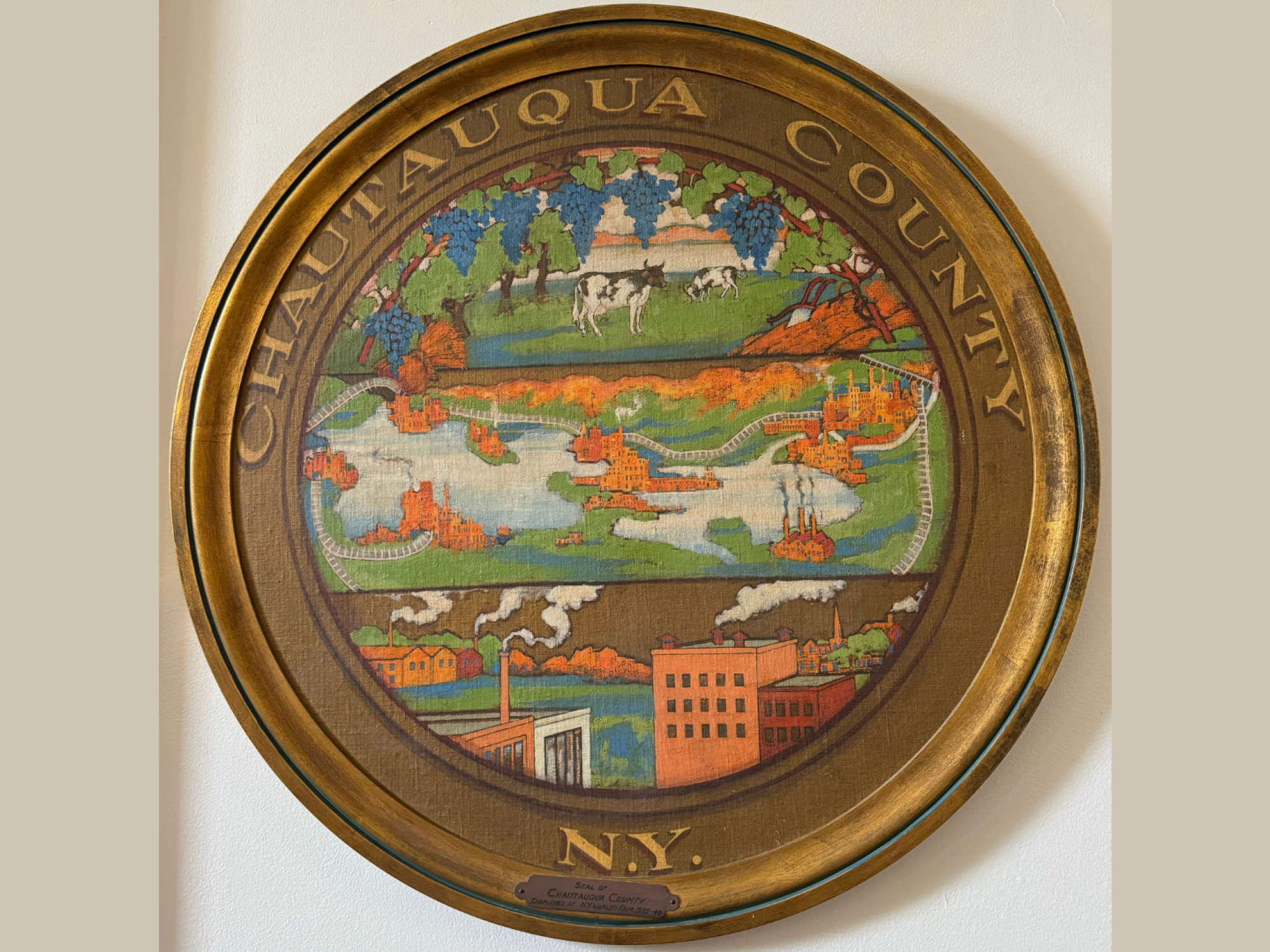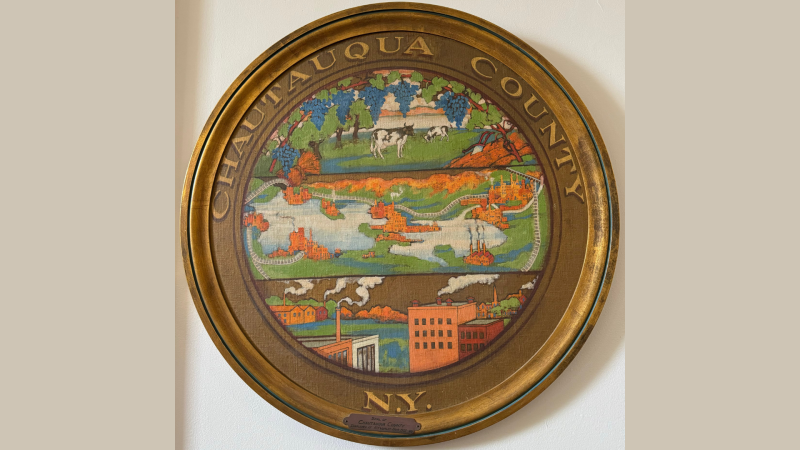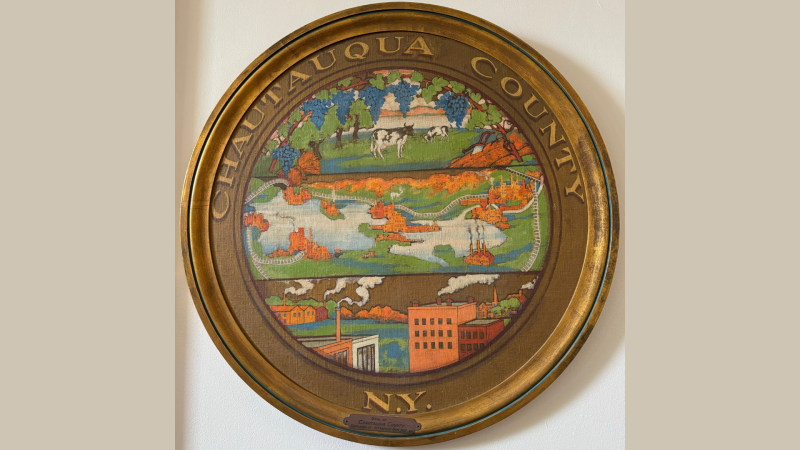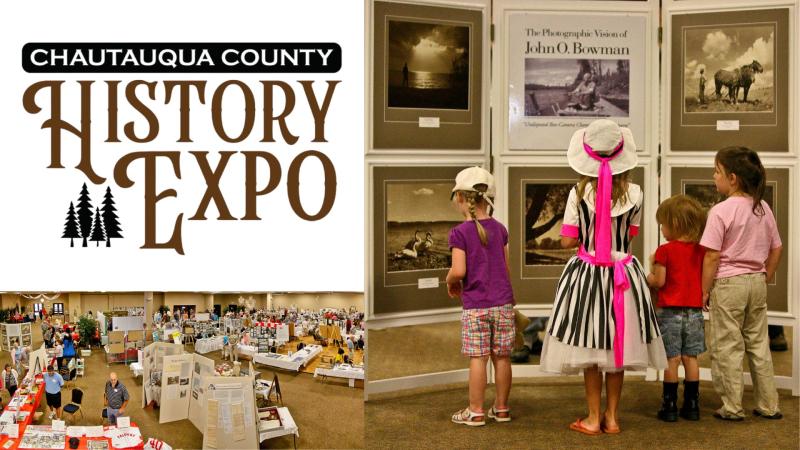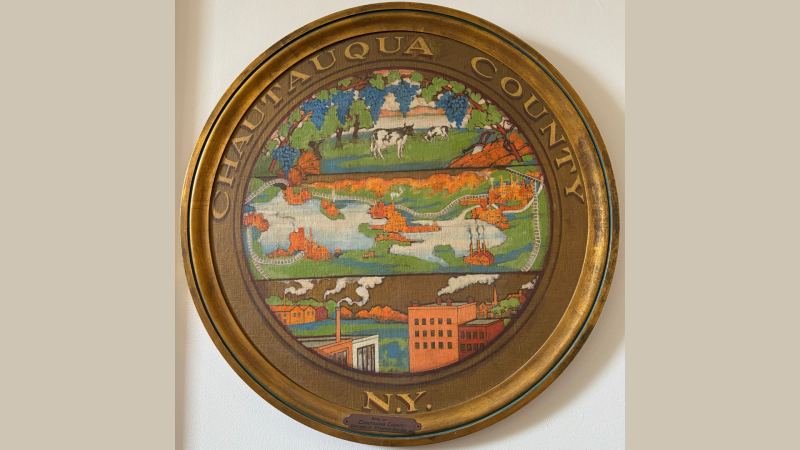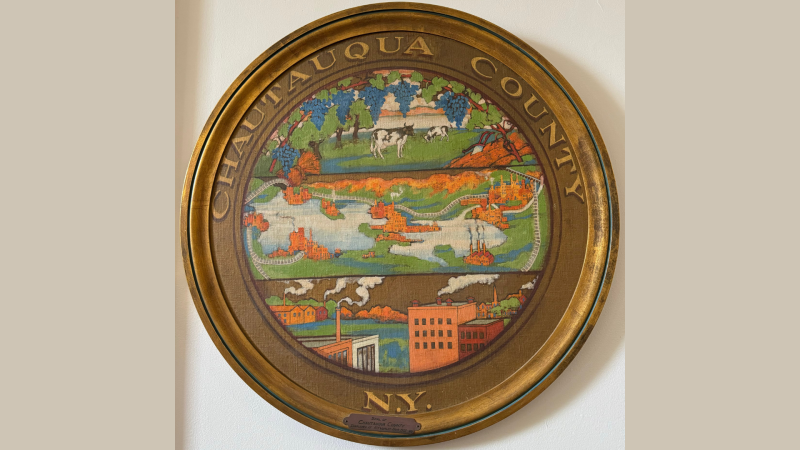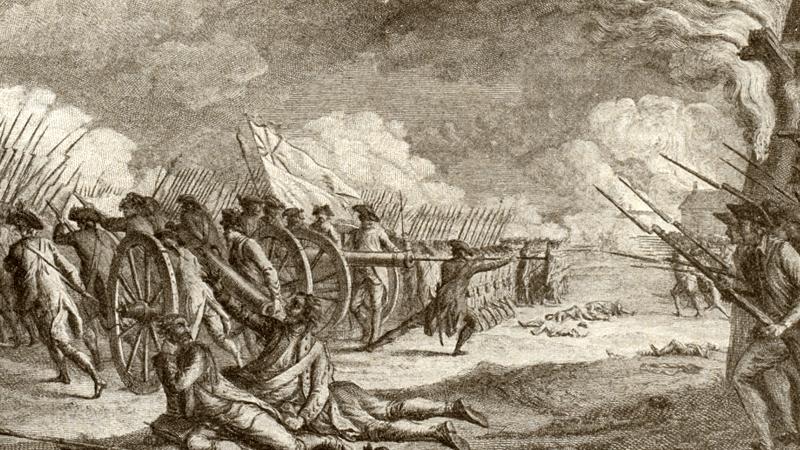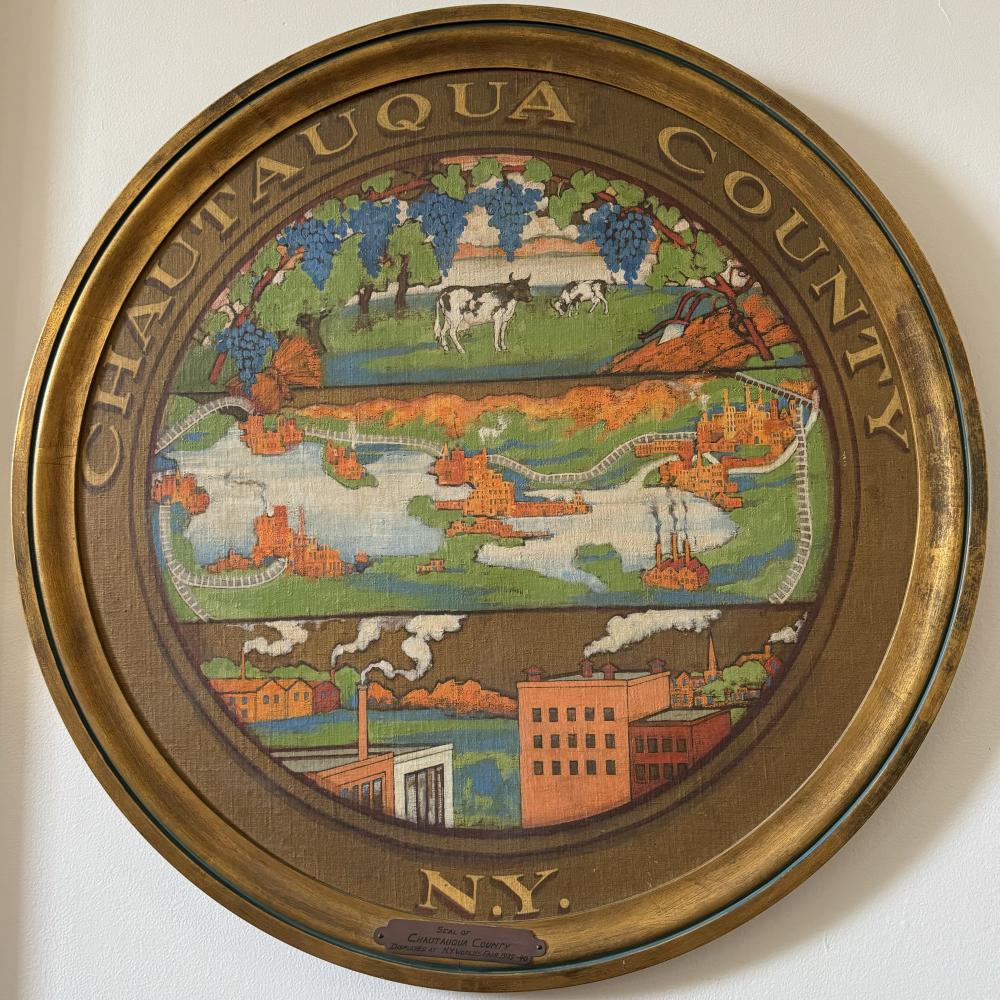
(Seal of Chautauqua County displayed at the New York World's Fair 1939-1940.)
Research by Norman Carlson, Chautauqua County Historian
From the formation of early churches to significant industrial developments, labor movements, and even unique cultural milestones, the first week of December is filled with defining moments in Chautauqua County’s history. Here's a comprehensive look at events that shaped our community.
December 1
- 1833: The Cassadaga Baptist Church was organized in Stockton, becoming the town’s first church.
- 1841: Jamestown saw the publication of the Chautauqua County Silk Journal. This may have been its only issue, reflecting an early but fleeting interest in silk production.
- 1873: Jamestown began its first “alpaca” fabric production—actually a cotton and wool blend—marking the start of its textile industry.
- 1882: Chautauqua County’s first labor union, the Jamestown Typographical Union, was formed.
- 1891: The Prendergast Library opened in Jamestown, becoming a cornerstone of education and culture.
- 1898: Jamestown banks announced a 3% interest rate on savings accounts, emphasizing a growing local economy.
- 1909: The Chautauqua Abstract Company assumed operations of the Buffalo Abstract Company.
- 1909: Jamestown High School installed a master clock system, a notable technological advancement.
- 1909: Miss Rose Fritts, a world champion typist, demonstrated her skills at Jamestown High School.
- 1923: A cross was burned near the Catholic and Jewish cemeteries in Jamestown, a disturbing moment reflecting the presence of the Ku Klux Klan in the area.
- 1929: The Bethel Lutheran Church was dedicated in Jamestown.
- 1950: The first effort to form Boy Scout Explorers in Lakewood took place, supporting youth leadership.
- 1971: Heritage Village, a nursing home in Gerry, opened to provide care for seniors.
December 2
- 1920: The First Colored Baptist Church of Jamestown moved toward incorporation. It would later become Emanuel Baptist Church in 1951.
- 1929: The Warren-Jamestown trolley made its final run, ending a chapter of regional public transit history.
- 1995: St. Susan’s Soup Kitchen served its 500,000th meal, a testament to its impact on the community.
- 2011: The Cha-Tau-Qua Squares, a western square dance club, held their final dance after 42 years.
December 3
- 1810: William Peacock opened the Holland Land Company regional office in Mayville, supporting settlement efforts in Chautauqua County.
- 1812: Chautauqua County’s first political meeting was held in Mayville by the Democratic-Republicans, the forerunner of today’s Democratic Party.
- 1873: Panama Station was renamed Watts Flats, though the origin of the name “Watt” remains a mystery.
- 1903: Lakewood Union Free School became a high school, marking an educational milestone.
- 1904: The Duquesne auto manufacturing firm was legally brought under Jamestown control.
- 1989: The Drawing Room in the Fenton Mansion was opened in its current configuration.
- 1996: The Stedman-to-Sherman section of the Southern Tier Expressway opened.
- 1998: Dredging of the Vukote canals near Lakewood began.
December 4
- 1830: The Free Baptist Church of Harmony was organized at King’s Corners.
- 1882: The first issue of the Dunkirk Observer was published.
- 1897: Foote Avenue in Jamestown was paved with bricks, improving transportation.
- 1904: The Knights of Columbus Council #929 was established in Dunkirk.
- 1966: A fire broke out in the Busti Mill, reportedly caused by intruders.
- 1999: The western portion of Route 17 was officially renamed Interstate 86.
December 5
- 1871: The Fisk Jubilee Singers, an acclaimed gospel group organized by Fredonia’s George L. White, performed in Jamestown during their first tour.
- 1894: Farmers in Busti gathered at the Busti Hotel to discuss bringing a cannery to town.
- 1960: The Lakewood Library opened its doors.
- 1963: The Washington Street Bridge in Jamestown was completed and opened to traffic.
- 1963: The First Baptist Church in Sinclairville was destroyed by fire.
- 1985: Vice President George H. W. Bush visited nearby Warren, Pennsylvania.
December 6
- 1849: County law forbade the growth of Canadian thistles, a measure to protect local agriculture.
- 1859: Abolitionist John Brown’s body passed through Chautauqua County after his execution.
- 1897: Towns along the Conewango Creek protested against Jamestown dumping sewage into the waterway.
- 1925: The first church service broadcast in Jamestown aired on WCOL, later known as WJTN.
- 1962: Lakewood began fluoridating its water supply to improve public health.
- 1985: Jamestown’s First Covenant Church presented its first production of The Living Christmas Tree.
- 2009: Evans’ Skateland in Jamestown closed, marking the end of an era for local skating enthusiasts.
December 7
- 1849: Seine and net fishing in Chautauqua Lake were outlawed to conserve fish populations.
- 1882: Jamestown’s first enclosed ice skating rink collapsed at 6 a.m., underscoring the challenges of early construction.
- 1886: The steamboat Nettie Derby was transported by sled from Chautauqua Lake to Cassadaga Lake, an impressive feat of engineering.
- 1894: Paul Von Boeckman, a cyclist from Jamestown, set a 1/3 mile bicycle speed record on a locally invented bike called the “Cyclone.”
- 1934: The Fluvanna fire hall burned down.
- 1995: Doppler weather radar became operational in Buffalo, improving forecasts for Chautauqua County.
- 2011: Renowned cellist Yo-Yo Ma performed in Fredonia, leaving an indelible mark on the local cultural scene.
Reflections
These historical moments illustrate Chautauqua County’s diverse heritage, from industry and innovation to culture and community resilience. Each event serves as a reminder of the rich history that continues to shape our region today.

